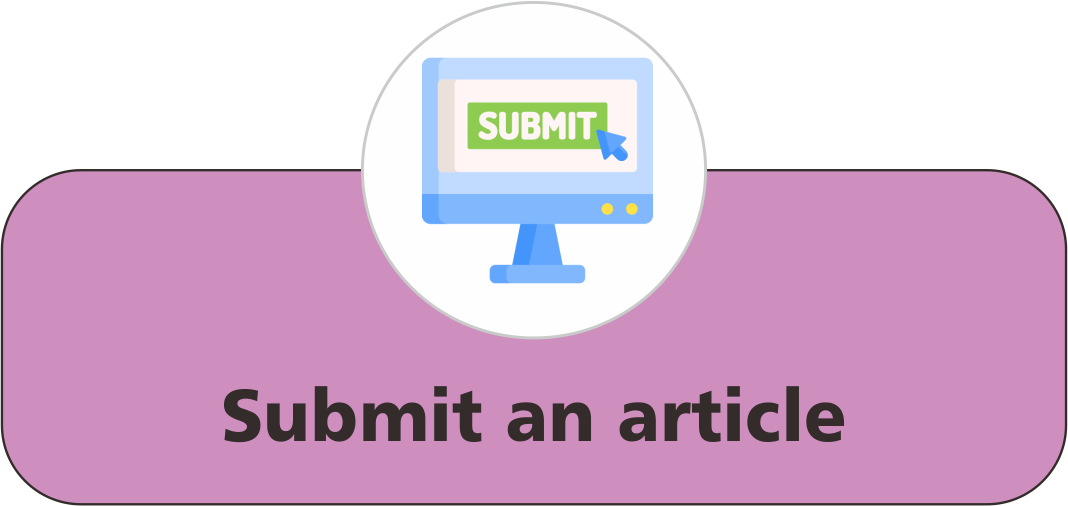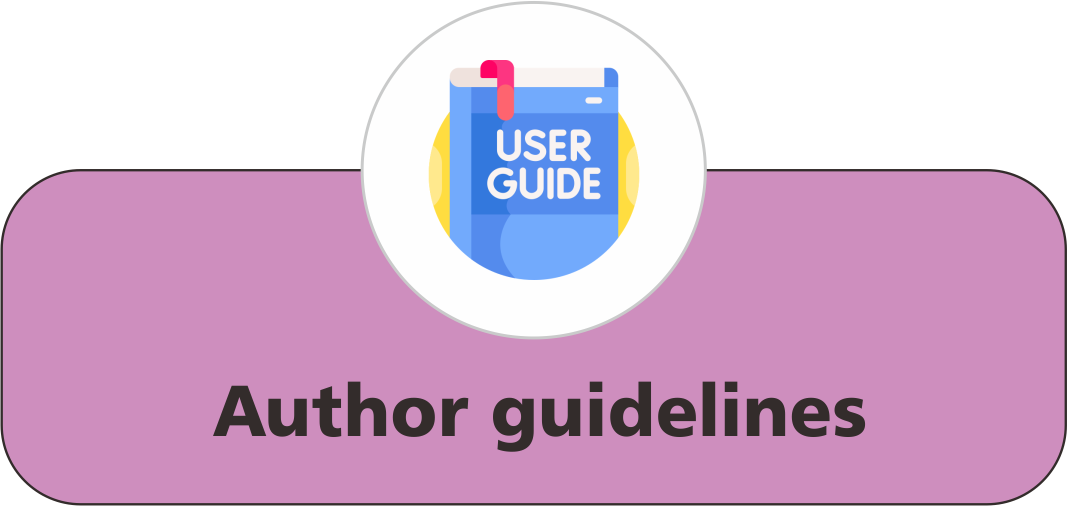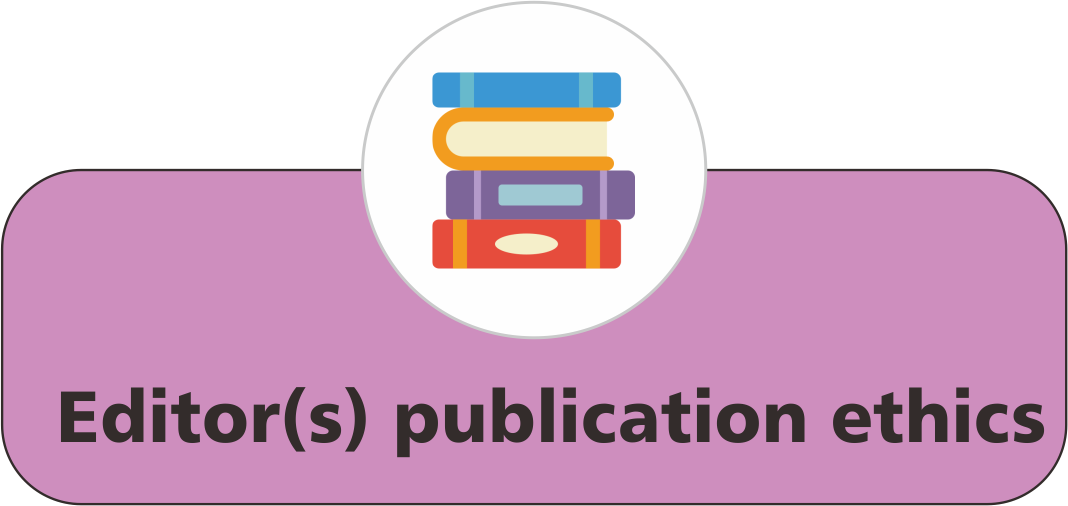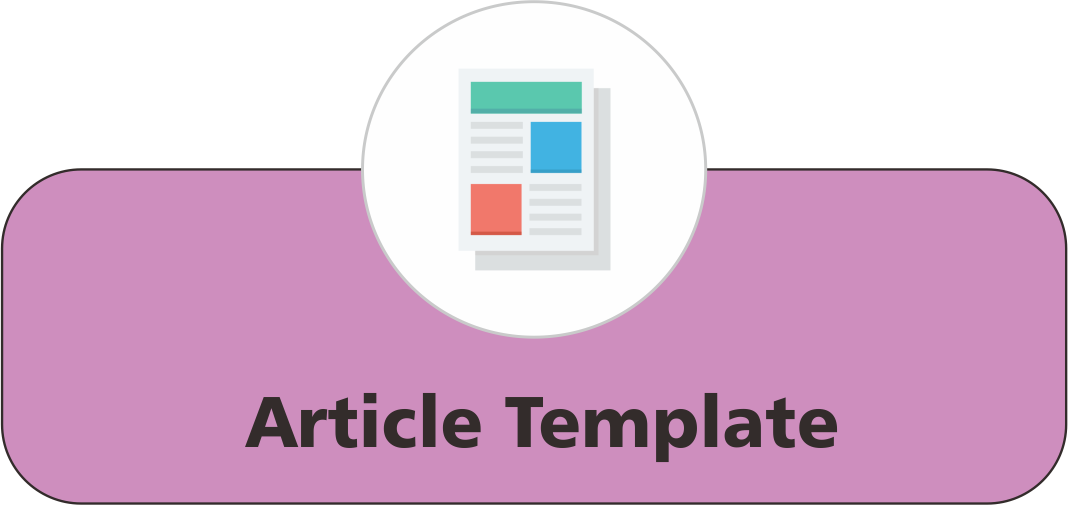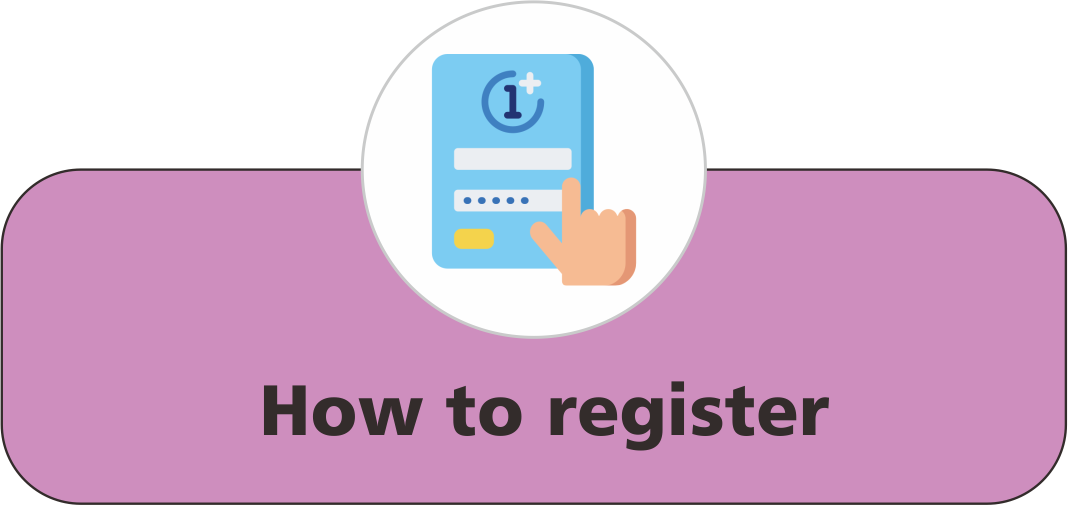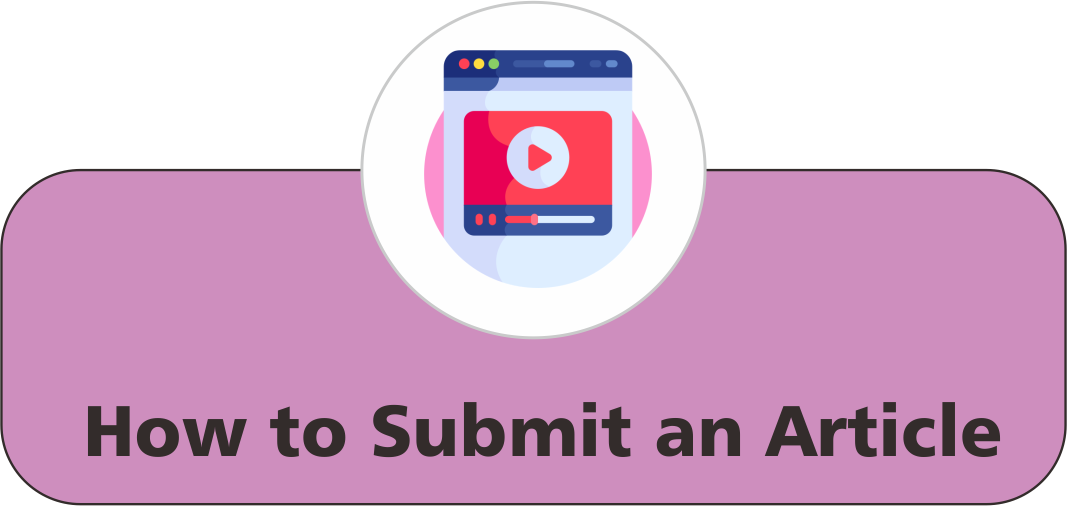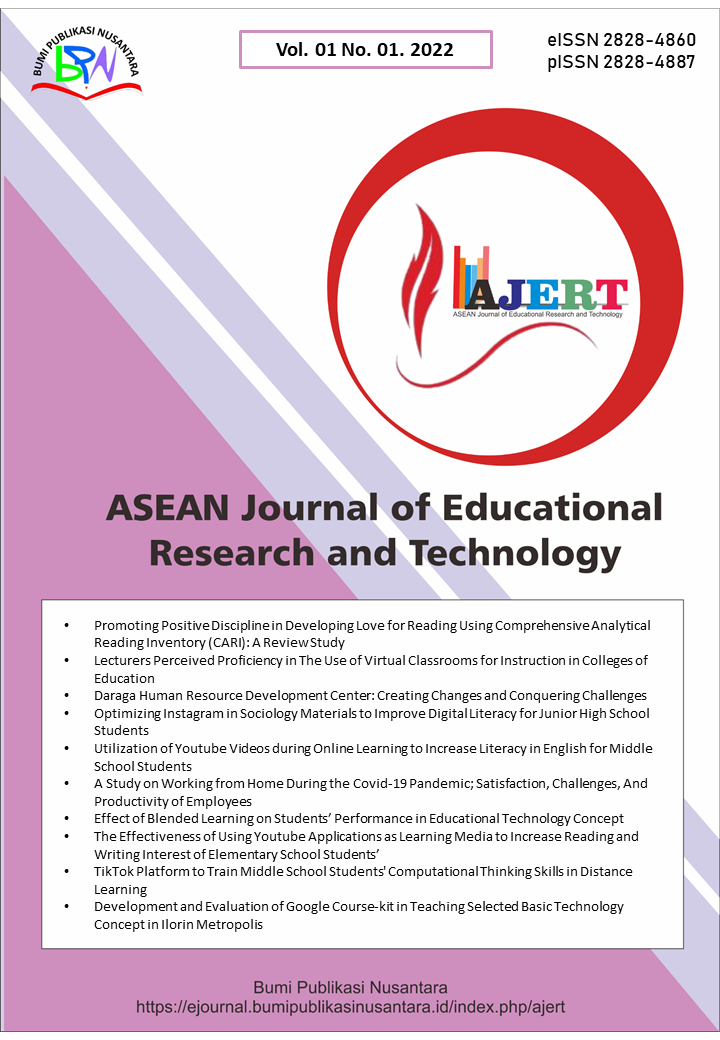Utilization of ICT Resources for Teaching among Some Selected Lecturers in Colleges of Education in Kwara State
 ),
),
(1) University of Ilorin
 Corresponding Author
Corresponding Author
Abstract
Keywords
References
Daramola, F.O., and Adegbija, M.V. (2012). Impact of internet communication on academic staff effectiveness in federal polytechnic, Offa, Kwara State, Nigeria. Ife Journal of Educational Leadership, Administration and Planning (IJELAP), 1(1), 227-232.
Esah, S. I., and Rotua, A. O. (2021). The analysis of the significance of information and communication technology on the job performance of secretaries in the 21st century. Mosogar Journal of Vocational and Technical Education, 1(1). 41-48.
Iheukwumere-Esotu, L., and Yunusa-Kaltungo, A. (2022). Knowledge management and experience transfer in major maintenance activities: a practitioner’s perspective. Sustainability, 14(1), 52.
Kirschner, P., and Wopereis, I. G. (2003). Mind tools for teacher communities: a European perspective. Technology, Pedagogy and Education, 12(1), 105-124.
Ma, K., Chutiyami, M., Zhang, Y., and Nicoll, S. (2021). Online teaching self-efficacy during COVID-19: changes, its associated factors and moderators. Education and Information Technologies, 26(6), 6675-6697.
Olorunsola, E. O. (2007). Information communication technology. A tool for effective management in Nigerian universities. Education Focus, 1(1), 80-87.
Wang, Q., and Woo, H. L. (2007). Systematic planning for ICT integration in topic learning. Journal of Educational Technology and Society, 10(1), 148-156.
Yusuf, M. O. (2005). Information and communication technology and education: analyzing the Nigerian national policy for information technology. International Education Journal, 6(3), 316-321.
Ziar, H., Manganiello, P., Isabella, O., and Zeman, M. (2021). Photovoltatronics: intelligent pv-based devices for energy and information applications. Energy and Environmental Science, 14(1), 106-126.
Article Metrics
Abstract View : 1846 times
: 1846 times Download : 1033 times
Download : 1033 times
Refbacks
- There are currently no refbacks.
Copyright (c) 2022 Bumi Publikasi Nusantara

This work is licensed under a Creative Commons Attribution-ShareAlike 4.0 International License.

